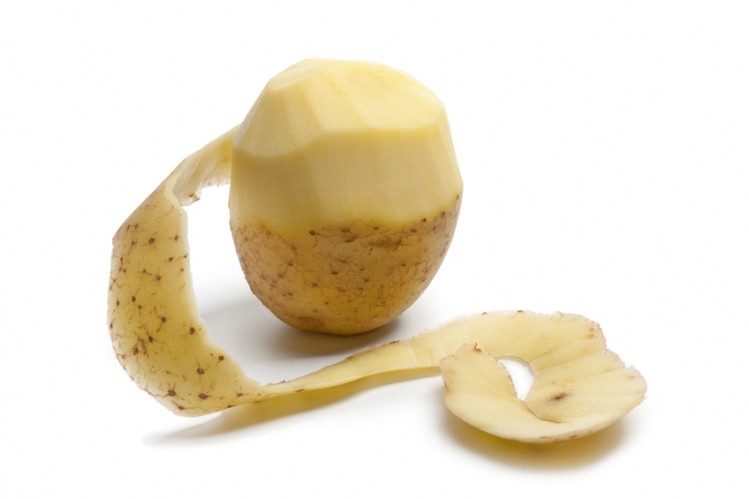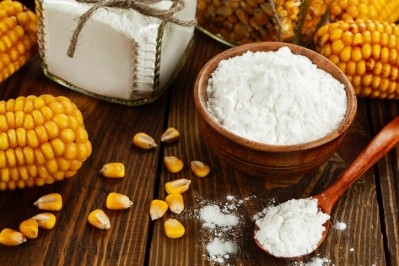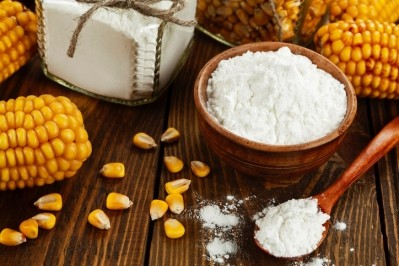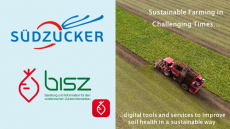EFSA: Modified starches pose no safety concerns

Conclusions reached by the European and Food Safety Authority (EFSA) ruled that 12 modified starches (E 1404, E 1410, E 1412, E 1413, E 1414, E 1420, E 1422, E 1440, E 1442, E 1450, E 1451 and E 1452) could be authorised as food additives.
“Modified starches (i.e. E 1413, E 1414, E 1420, E 1450) were well tolerated in adults up to a single daily dose of 60,000 milligrams per person (mg/person) (860 mg/kg bw),” EFSA stated.
“The Panel concluded that there is no safety concern for the use of modified starches as food additives at the reported uses and use levels and that there is no need for a numerical acceptable daily intake (ADI).”
Absorption questions
There were concerns over the way modified starches were not absorbed intact posing distribution, metabolism and excretion issues in the human body that can result in toxic build-up.
However, supporting studies indicated that the two major components of starches, amylose and amylopectin, are fermented during their passage through the large intestine by strains of bacteria found in the human colon.
The main end products of this colonic anaerobic digestive process are short-chain fatty acids (SCFA) such as acetic, propionic and butyric acids, which are absorbed from the colon.
Despite the absence of data for two modified starches (E 1451 and E 1452) and the absence of in vivo studies in humans for other modified starches, the Panel were satisfied that modified starches were excreted via intestinal enzyme break down and intestinal microbiota fermentation.
Commercial starches are generally extracted from potatoes and cereals. Their value lies in their potential for modification in order to function properly under conditions encountered during processing or storage, such as high heat, low pH, freeze/thaw and cooling.
As an additive for food processing, food starches thicken and stabilize foods such as soups and salad dressings. They also function as thickeners, extenders, emulsion stabilizers and are strong binders in processed meats.
Industry offerings
Global ingredients company Ingredion recently made available a waxy maize modified starch designed to removes the pasty texture associated with other texturisers, contributing to cost savings of up to 15%.
Its N-Creamer 2230 is a cold-water swelling modified starch can be used in mayonnaise, dressings and creamy sauces, allowing manufacturers to reduce the fat content by acting as an all-in-one emulsifier and viscosifier, thickening and binding the end product.
However, consumer preferences that demand a shift away from modified starches and onto more ‘clean-label’ ingredients suggest health concerns haven’t entirely gone away.
Earlier this year Tate & Lyle launched two instant functional starches to add to its clean label Claria range, which the firm claimed could help manufacturers banish modified starches.
The global availability of the ingredients, CLARIA Instant 340 and 360 claim to help manufacturers ‘clean up’ their food labels due to the similarity of performance when compared to traditional instant modified food starches.

























